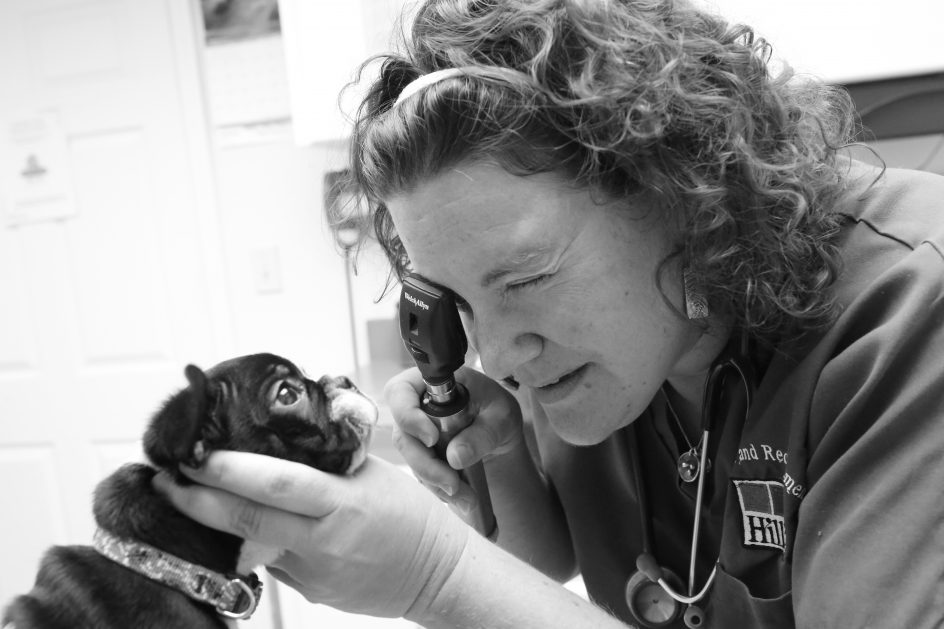
I was talking with a hospice nurse recently, we were both sharing ideas and feelings about death. And hospice nurses know more about death than any doctor or priest I ever met.
Her husband, she said, was always urging her to quit hospice and find other work. “How can you live in the darkness every day?,” he would often ask her. She said she told him she loved her work.
First, it gave her a feeling of true meaning and purpose, she mattered, she was needed.
Secondly, she said it was simply beautiful work.
The people she met were so often beautiful – open, acutely aware of life and perspective. She wasn’t living in darkness, she said, she was learning in darkness, her work was all in the light.
We understood one another right away.
Being around death is not only gloomy, being around death can teach us so much about life. People are often stunned by death, they just can’t imagine it could come to them, or their mothers and fathers, or the people they love.
But it will – that is one of the very few absolute certainties in lie.
No one is more motivated in their work than the people who work around death. Hospice nurses are the real angels.
All around us, we see and hear from people suffering from a loss of meaning, a loss of purpose, confusion around boundaries, directions – darkness, if you prefer.
There is a language of lamentation around death, not just lamentation, but wailing and moaning.
Working around death is not just a lesson in sadness in suffering, quite the opposite. It is perhaps the greatest lesson about life and perspective.
I remember looking for the perfect pedestal to stand on, a place where I could be secure and clean and pure, and quite above it all. Death was a great secret in the world I grew up in, a ghost that hid out of sight.
But all of the great spiritual masters begin their teachings with the idea that life is not perfect, and we are not pure. To me, that is the great liberating lesson of real faith.
I found this photo of Gus meeting our vet Suzanne. They were to become close friends with one another, soon enough she had to put him down. Like my friend Ed, he had an incurable disease and once we knew that, we looked for the quickest and most painless way to end his suffering.
How sad that we cannot do this for the people we love. Animals often lead the way for us.
And what is the great lesson of Gus?
Nothing, really, in my mind. He lived and died just like the rest of us, and I think the angels would roll over and laugh at the idea that the real tragedy is that his life was cut short, that his death was worse than any other death.
I don’t ever feel that way about him. The big question for me was always how could I be a good steward, how could I keep him from suffering needlessly. How could I make sure that he didn’t suffer for a single minute just so that I could be spared any pain.
Gus lived and he died, just like I will and you will. And while he was at it, he made a big splash and had quite a lot of fun it was a good run.
I don’t look for the perfect pedestal to stand on any longer, I am grateful for my life, every single day of it. The prophets wrote of the “suffering of reality,” the sober feeling that comes when we see the world clearly, but not joylessly.
This is what the hospice nurses learn in the darkness.

As a retired hospice nurse, I have been following Ed and his family’s journey with much interest and empathy. I always felt so privileged to work with the dying and their loved ones. All of the crap seemed to fall away and in its place was life at its purest. I learned so much. Thank you for your dialogue about death and compassion in dying. I am grateful for your and Maria’s role and of course for the Gulley’s for sharing their experience.